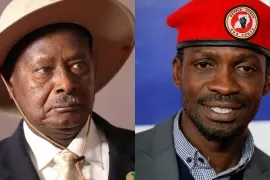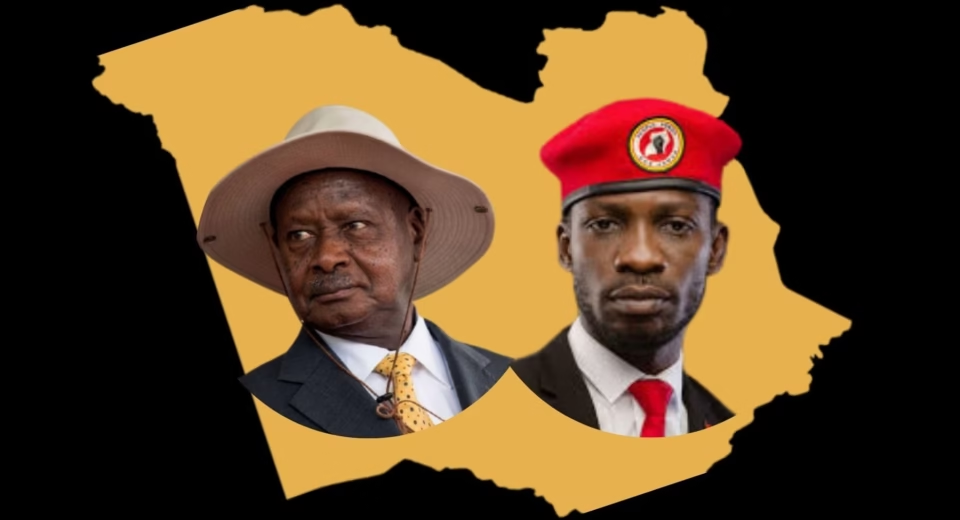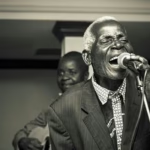The 2021 General Elections were the fourth to be successfully organised by the Electoral Commission (EC), under a multi-party dispensation in Uganda. The elections are remarkable as they were held amidst peculiar challenges posed by the COVID-19 pandemic.
The peaceful conclusion of these elections, in which voters elected leaders from diverse political backgrounds, at Presidential, Parliamentary and Local Government Council levels, is testimony to the strong and determined spirit of Ugandans to pursue peaceful and democratic means of determining leaders.
The successful completion of the Roadmap for 2021 General Elections can be attributed to the Commission’s well-timed adoption of a Strategic Plan in 2018 for the period 2018–2021. Under this Roadmap, the Commission undertook effort to build and strengthen linkages with various stakeholders in the electoral process, to achieve a peaceful and successful exercise.
The Roadmap was implemented in a phased manner during which the Commission undertook various administrative and logistical activities to professionally and efficiently organise and conduct the elections. Some of these activities include the procurement of specialised equipment, materials software and motor vehicles, the re-organisation of polling stations, the general update of the National Voters’ Register using new biometric technology, display of the National Voters’ Register, and printing of the final Register, bearing 18,103,603 registered voters of whom 9,504,391 (52.5%) were female and 8,599,212 (47.5%) were male.
The Commission further issued Standard Operating Procedures (SOPs) for the various election activities (pre–nomination, nomination, campaigns and polling day) to address the unique health and safety challenges posed by the COVID-19 pandemic.

The SOPs incorporated measures and guidelines put in place by the Ministry of Health and the outcome of consultations made by the Commission with various stakeholders in the electoral process to prevent and combat person-to-person, person-to-object and object-to-person spread of the COVID-19 -19 during the conduct of election activities.
Facebook has taken a significant step in Uganda, shutting down accounts linked to the government just days before the presidential and parliamentary elections. The social media giant claims that these accounts, connected to the Ministry of Information, were using fake and duplicate accounts to manipulate public debate and boost post popularity.
The Ugandan government has fired back, accusing Facebook of bias in a BBC interview. This development adds to the already tense atmosphere surrounding the elections, which have been marred by violence.
The elections themselves are highly contested, with President Yoweri Museveni, who has been in power for 35 years, facing a strong challenge from music star Bobi Wine. The contrast between the two candidates is striking, with Museveni, 76, representing the old guard, while Bobi Wine, 38, draws his support from young people looking for change.



